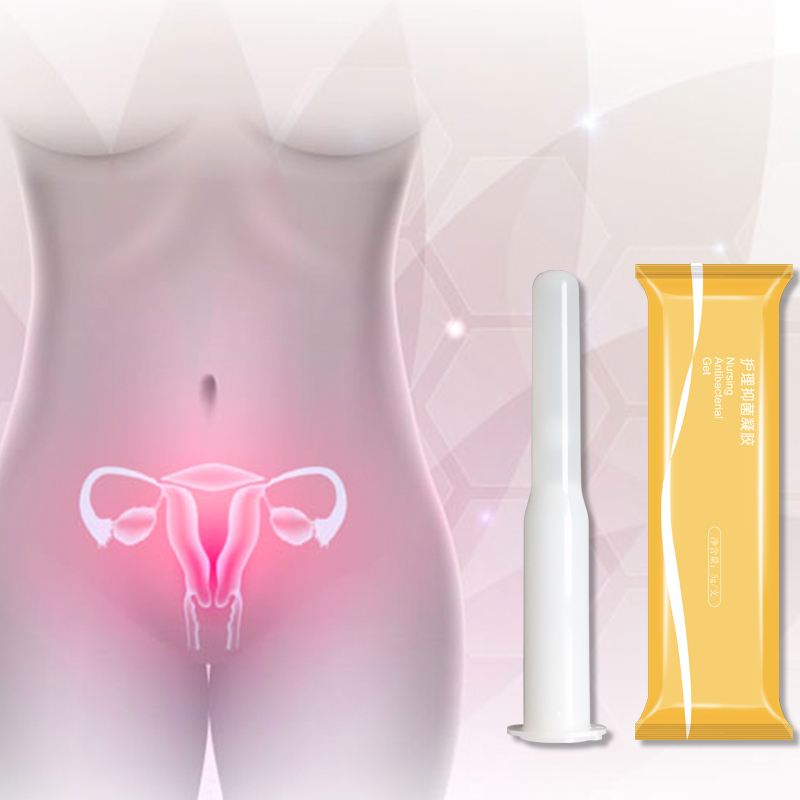Maintaining optimal vaginal health is crucial for a woman’s overall well-being. For Clients, understanding the importance of vaginal health and its impact on general health can enhance their service offerings and improve client satisfaction. This guide provides insights into the significance of vaginal health and practical tips for maintaining it.
- The Importance of Vaginal Health
Physical Comfort and Hygiene:
A healthy vagina is typically free from infections, irritations, and discomfort. Proper vaginal health prevents issues like itching, burning, and unusual discharge, which can significantly impact daily comfort and quality of life.
Sexual Health:
Vaginal health directly affects sexual function and satisfaction. Conditions like vaginal dryness or infections can lead to discomfort or pain during intercourse, reducing sexual pleasure and intimacy.
Reproductive Health:
The vagina plays a critical role in reproductive health. Infections or imbalances in the vaginal microbiome can affect fertility and pregnancy outcomes. Maintaining a healthy vaginal environment supports reproductive functions and overall reproductive health.
Psychological Well-being:
Vaginal health can influence a woman’s mental and emotional state. Discomfort or health issues in the vaginal area can cause stress, anxiety, and a decrease in self-esteem. Ensuring good vaginal health contributes to a positive body image and mental well-being.

- Tips for Maintaining Vaginal Health
Regular Gynecological Check-ups:
Routine visits to a gynecologist are essential for monitoring vaginal health. Regular check-ups can help detect potential issues early and ensure proper treatment and care.
Balanced Diet:
A diet rich in probiotics, such as yogurt and fermented foods, can promote a healthy vaginal microbiome. Staying hydrated and consuming a balanced diet supports overall health, including vaginal health.
Proper Hygiene Practices:
Avoid using harsh soaps or douches, which can disrupt the natural balance of bacteria and pH levels in the vagina. Instead, use mild, unscented soap and water for cleaning the external genital area.
Safe Sexual Practices:
Using protection during intercourse can prevent sexually transmitted infections (STIs) that affect vaginal health. Open communication with sexual partners about sexual health and regular STI screenings are also important.
Wearing Appropriate Clothing:
Wearing breathable, cotton underwear and avoiding tight-fitting clothes can reduce the risk of irritation and infections. It’s important to keep the vaginal area dry and well-ventilated.
Avoiding Harmful Products:
Be cautious with products like scented tampons, pads, or vaginal sprays, as they can cause irritation. Opt for products that are specifically designed to be gentle on the vaginal area.
For Clients, understanding the critical role of vaginal health in overall well-being allows for the provision of more comprehensive and empathetic services. Promoting vaginal health can lead to improved physical comfort, sexual satisfaction, reproductive health, and psychological well-being for women. By incorporating these practices into client education and services, businesses can foster better health outcomes and enhance client loyalty and trust.
Prioritizing vaginal health is not just about addressing a specific health concern but about embracing a holistic approach to women’s health and wellness.






